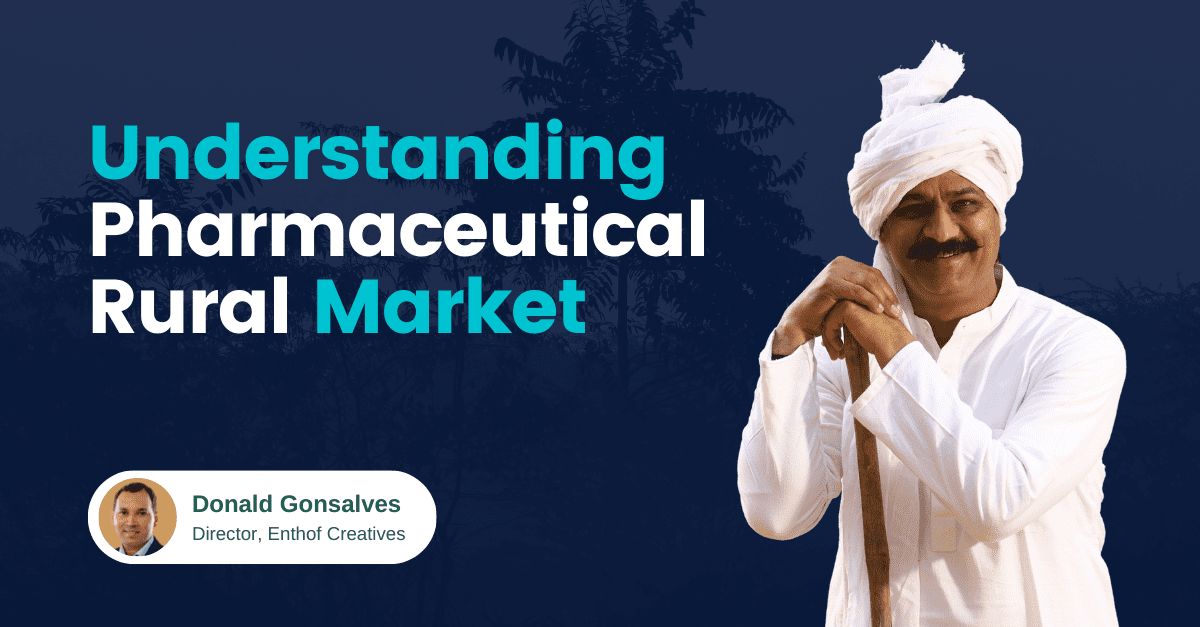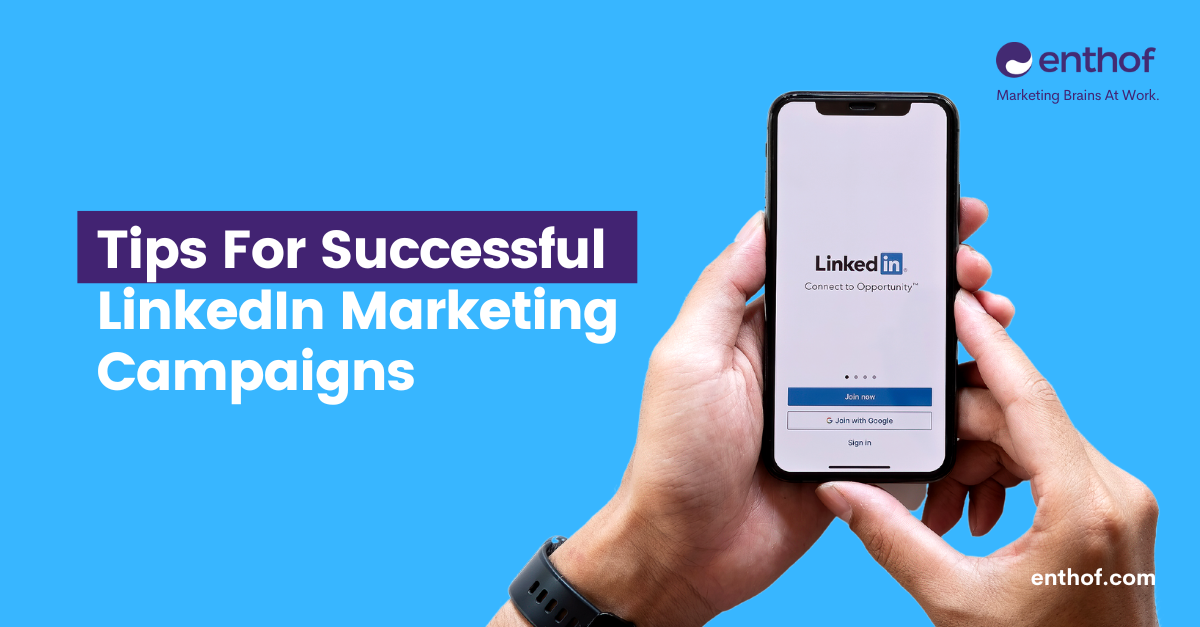Many of these expectations arise from technology-driven customer services that doctors daily receive in other parts of life – the ‘on-demand’, ‘real-time’ and ‘just for you’ experiences that have built whole new other industries over the last few decades. And therefore, they now expect it from their industry partners and want to provide it for their patients too.
These needs are might not be new, but currently are often unmet. So what do doctors want today? Here are six clear requirements of the HCPs that marketing managers can address in their medical marketing and engagement strategy.
#1 More involvement from pharma cos
Healthcare professionals are now looking to work closer with the pharmaceutical companies but it has to be with shared goals. Doctors want a stronger collaboration with the pharmaceutical companies with the objective of raising the quality of patient care and improving treatment outcomes.
What this means is that the barriers to healthcare professional access come down as the pharmaceutical companies raises its game – taking a more holistic approach that adds value beyond the product itself.
There are numerous ways to meet these needs. Doctors are calling for industry assistance in many areas including: online consultations, facilitating care at the bedside, individual patient follow up, patient information services and novel ways to enhance self-management.
#2 Better services
It hasn’t gone unnoticed that doctors often receive better services as consumers than they do in their professional lives. So there is a growing interest in technology that improves services – both to them from industry partners and from them to patients and their families.
Good communication is seen as a vital aspect of patient care and there is a belief and desire that technology can and should support this. Yet there is no desire for novelties. It’s the value to the patient that counts.
In particular, communication technology that supports two-way understanding between doctor and patient is very interesting. As is any service that is smart enough to answer real patient questions and give useful guidance that reassures people, helps them get the best from their treatment, and reduces unnecessary consultations.
#3 Information and education
As researchers and innovators, pharmaceutical companies have been seen as an incredible source of information, regularly generating new content. What is new is the opportunity that technology provides the pharmaceutical companies to deliver this.
Doctors are increasingly looking to pharmaceutical companies to take on a role as health educators, making information easily accessible to everyone – both professionals and patients.
Digital communication provides ways for HCP digital marketing to be provided in a relevant and timely fashion. Information can be delivered in a way that meets the needs of each individual and accessible in multiple channels and on any device. In other words, technology not only makes the delivery of information possible, it makes it easy – for pharmaceutical companies, doctors and patients.
#4 Help to improve adherence
A key need for healthcare professionals is treatment-compliant patients. Despite their best efforts, doctors know that many people do not strictly follow their treatment regimen – and so they are looking to the pharmaceutical companies for help.
The recent development in consumer health tracking apps have got some doctors thinking that it may be possible to pursue a similar strategy for low-adherence conditions like hypertension– perhaps by prompting patients to follow the prescription or lifestyle advice.
What’s key is that technology must make the treatment meaningful to patients. In pain medication adherence is high because the benefits are obvious. So technology could have a role in making the value of medication clearer for other conditions? Increasing motivation by demonstrating an effect – such as showing blood pressure changing – can turn adherence into something patients want to do.
#5 More involvement with patients
While medical professionals positively value the trend for patient empowerment, it does pose them challenges. Where previous generations would accept any advice, today’s empowered patients are more likely to question it – though they may be acting on poor quality or incorrect information gathered through online research.
To help ensure that people make fully informed decisions, doctors are looking to the pharmaceutical companies to ensure that there is ready access to credible sources of information.This is especially important as developments in medical science enable more individualised therapy and customisable healthcare because there are more choices to make.
Pharma can help by providing authoritative, clear and useful materials that healthcare professionals can share with their patients.
#6 Meaningful partnerships with sales reps
Doctors are looking for a new kind of relationship. Rather than a sales interaction, they are increasingly interested in a deeper partnership – based on an aligned goal of improving treatment outcomes. The way these relationships are built, however, will depend on the individual requirements of the doctor.
Some will want face-to-face contact, while for others this can be intrusive and they may prefer more electronic communication or group meetings for a whole GP practice or department. Technology has a key role in facilitating these new relationships.
By connecting face-to-face engagement, remote meetings and self-guided multichannel communication, it’s possible to respond to individual preferences – while providing the same high-quality experience however the contact occurs.
Conclusion
Paying attention to these six needs of the doctors can help marketing manager address their medical marketing strategy with a more guided purpose. Each of these six needs can be served with with one holistic marketing strategy.
About the author
Donald Gonsalves (B. Pharm, MBA-Marketing) is an experienced marketing consultant, and have been working with the pharmaceutical industry for more than two decades. He and his marketing agency Enthof Creatives, have been creating new and innovative marketing communication for pharmaceutical companies.



